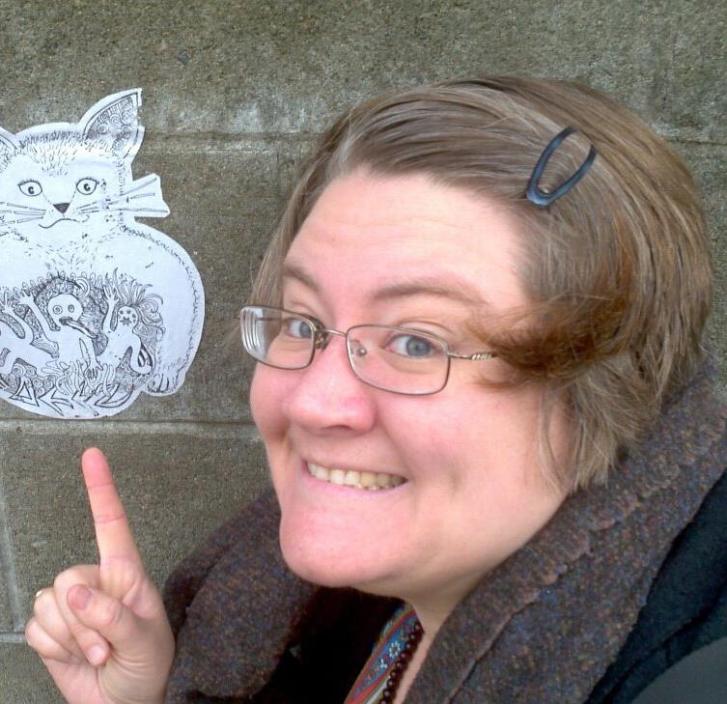Out of Her Head
She fell again, fell upward this time—no drop
from a precipice, only her feet
treading more and more lightly on the ground
until they lifted and she knew
Insomnia called her awake
calling up the fire in the belly, anger,
loneliness, a paper clip, three oranges,
the dishwasher half-emptied,
cabinet doors all open
She knew that Thor had come
to open up the Ragnarok,
there was a child that she
was supposed to bear, but she would not
bear the child, she would not lie down
on the bed, there were mushrooms
blooming on the walls of the small room
where her mother sat with her and they
came to draw her blood and asked her,
have you taken any LSD
and they made her stay and
after a long, long time of falling
and waking and sleeping again
nothing was left but the mud
they dipped her thoughts in

MITA describes itself as an organization meant to support those who have been victimized by the patriarchal mental health industry and forced institutionalization. While I consider myself a feminist and see patriarchy’s sinister effects throughout our society, I don’t feel like a victim of the mental health industry. I’ve walked through locked hospital doors many times, but only once did others have to make that decision for me. My first manic episode — or psychotic break, to use the more sinister term — was incredibly traumatic. This poem touches on that experience. Plunging from the euphoria and magic of the episode into the drugged depression that followed was one of the worst experiences of my life. It took a few years to come to terms with the fact that I truly do have a lifelong, chronic illness — one that requires a mix of medication, talk therapy, and more subtle tools (such as massage, yoga, meditation, and creative expression) to manage effectively. It took even longer than that to experience the world’s wonder and magic without completely losing touch with reality.
The mental health system is far from perfect. Modern treatments are head-and-shoulders above what they were just 50 years ago, but there’s still plenty of room for improvement. Access to the best therapies available is all too often limited to the most privileged classes. Racism, classism, sexism, and all the other “isms” affect the kind of care a mentally ill person will receive. It can be difficult to discern whether one’s own experience is a result of the system or a result of the illness. In a perfect world, I would spend my worst episodes in an Amazon Healing Center, surrounded by caring, loving women who kept me safe, provided gentle structure, and made me whole with magical healing remedies. Or I’d live in a society that made space for my differences in a way that honored my inherent worth and dignity. I don’t live in that world, though.
I’m fortunate enough to have access to some of the best health care available. I also have more than 25 years of experience navigating the system. I manage to live a rich and varied life in spite of my illness, but I know when I need additional help — up to and including inpatient hospitalization. I also know what I need to do to get out of an inpatient unit as quickly and painlessly as possible. I take advantage of all the tools available to me, both inside and outside of the medical model. I don’t want to invalidate the experiences of other people with mental illness. The pain and disillusionment and loss of dignity is real. But there is a way out. There is a way forward. If I can recover, anyone can.


Frances Donovan’s work has appeared in journals such as Borderlands, Snapdragon, Marathon Literary Review, Oddball Magazine, and The Writer. An MFA candidate at Lesley University, she curated the Poetry@Prose reading series and has appeared as a featured reader at numerous venues. She’s driven a bulldozer in a GLBT Pride parade and stood naked at the edge of the Pacific Ocean, but has yet to do both on the same day. www.gardenofwords.com. @okelle.
Note: All rights revert back to the author. Images used in this post were appropriated from Steven Spielberg’s 1985 adaptation of Alice Walker’s The Color Purple.

Leave a comment